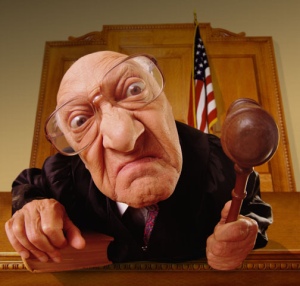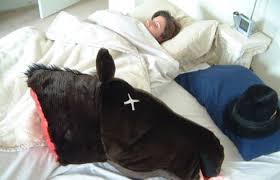I have just spent the last weekend with my wonderful extended Irish family at a reunion. We get together every five years in various parts of the world. Stories, love, conflict and colourful characters abound at our gatherings. It’s a writer’s paradise and as my friends often remind me, I really have no need write fiction with all this material at my fingertips.
I was asked a few times about my novel and the inevitable question ensued.
“Are we in your book?” .
I suppose the most truthful answer is yes and no. Most writers of fiction don’t base their characters entirely on family and friends but like magpies, they are attracted to the shiny stuff, the interesting bits of different people, physical traits, aspects of personality, ways of speaking and gestures They steal these characteristics and make fictional composites, characters with their own identity, an identity that is intrinsic to the story being told.
And yet, writers only have their own worlds and experiences to steal from so it’s inevitable that friends and family who read their work will think they see people they know. It’s a bit like being on the dodgems. People are close and you can’t always avoid them.
However there are a number of good reasons not to base characters in fiction entirely on real people.
Who wants to hurt people’s feelings? If a character is drawn well they will have flaws and no one wants to see their bad points in print.
Writers would rather not be sued. They make hardly any money as it is and a defamation law suit would bankrupt most. It does seem that lawsuits against writers of fiction are relatively rare (sighs with relief) as it is hard to prove whether a fictional character is based on a real character or not.
It happens more with public figures. Take the recent example involving Scarlett Johansson who won a defamation case against the French novelist Gregoire Delacourt for creating a fictional character that is her double. Her character represented an ideal of modern beauty in his story, but she put it about a bit, something Scarlett said damaged her own reputation and so she sued.
Delacourt was incredulous at her reaction, saying he thought the lovely Scarlett might have invited him for a coffee or sent him flowers for putting her in his work and he insisted,
“I wrote a work of fiction. My character was not Scarlet Johannson.”
Tony Blair wasn’t happy about his own appearance in fiction either. In his novel The Ghost, Robert Harris portrayed him as a superficial former P.M. who couldn’t even write his own memoirs and Blair called his old friend “a cheeky fuck.” Blair then went on to prove Harris wrong when he wrote his bestseller, Tony Blair, A Journey, all by himself.
There are some great books out there that have fictionalised real people. My favourites are Joyce Carol Oates’ Blonde, which chronicles the internal life of Marlyn Monroe, Hilary Mantel’s Wolf Hall, and which looks at Thomas Cromwell’s rise to power and Colm Toibin’s Brooklyn a wonderful story of Irish emigration which is based on a true story he heard as a child.
Sebastain Faulks’ A week in December is another. When it first came out, rumours abounded that the character of the embittered literary critic R Tranter was based on the Private Eye literary journalist DJ Taylor. Faulks denied it profusely saying,
“I can’t describe the measure of desperation with which this question fills me. This is the complete opposite of what I’m trying to do: create a freestanding, fictional world, true to itself and umbilically connected to the real world.”
Taylor did not react but a creepy detective did turn up in one of his own novels later with the name Faulks, so it looks like they both might have been having a bit of a laugh.
In his novel The Godfather Mario Puzo based his crooner character Johnny Fontane on Frank Sinatra who was always rumoured to have connections with the Mafia. According to Puzo, Sinatra was incensed and when they met in a restaurant Sinatra went for him, yelling at him and calling him a pimp.
At least he didn’t end up with a horse’s head in his bed. When my book comes out in September I hope I don’t either.




I be contacting my brief forthwith
I be looking forward to hearing from them.